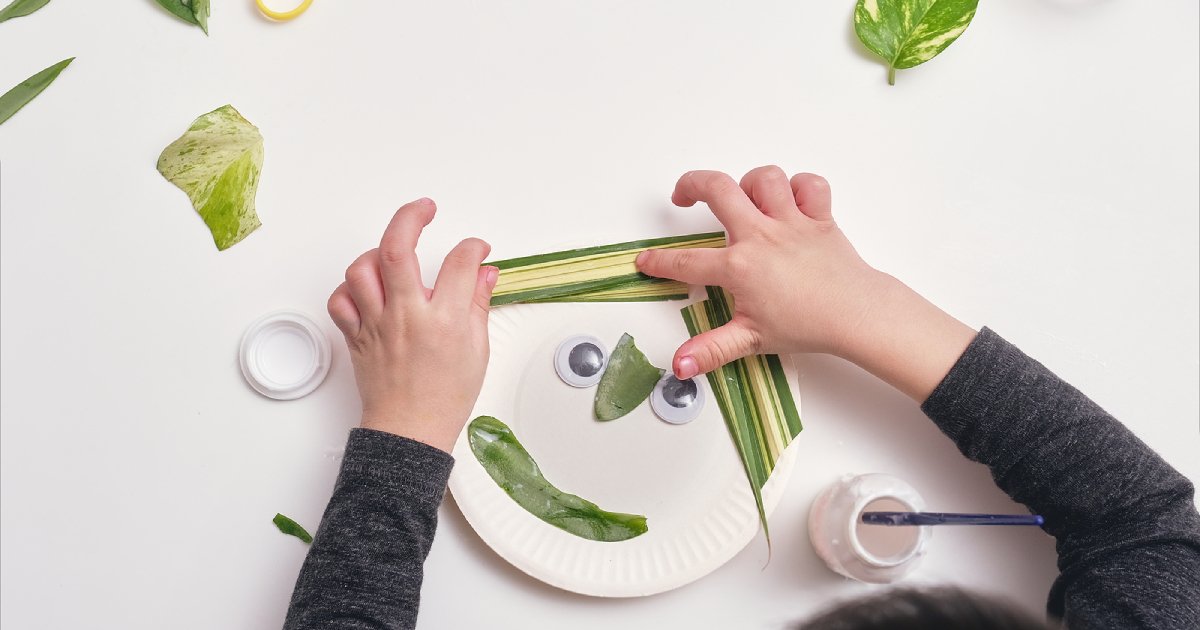Finding engaging, screen-free activities for children with ADHD can be a rewarding way to keep their minds active and their bodies moving. Kids with ADHD often crave stimulation, so providing fun, hands-on boredom busters can boost their focus, mood, and overall well-being.
While technology and screens are convenient, too much screen time can sometimes worsen attention issues and create restlessness. Instead, try these seven screen-free ADHD boredom busters to keep your child entertained, learning, and growing.
Parents who are exploring ADHD treatment in Singapore often ask how to support their child outside of formal sessions or school. One of the most effective ways is through thoughtfully chosen daily activities. These brain-engaging tasks offer structure, creativity, and movement—key components that help children manage their energy and improve attention naturally.
1. Outdoor Adventure and Exploration
Getting outside offers natural stimulation through fresh air, movement, and sensory experiences. Activities like nature walks, scavenger hunts, or outdoor obstacle courses engage your child’s curiosity and energy. These activities not only provide physical exercise but also encourage problem-solving and observation skills.
Try creating a list of nature items to spot—like a yellow flower, a smooth rock, or a butterfly—and turn it into a fun treasure hunt. Outdoor time also helps regulate sleep and mood, which are closely linked to attention and behaviour.
2. Creative Arts and Crafts
Hands-on creativity is a powerful tool for children with ADHD. Arts and crafts help develop fine motor skills, concentration, and patience. Activities such as painting, drawing, or making simple DIY projects allow children to express themselves while focusing their attention on a task.
Try experimenting with different materials like clay, beads, or fabric to keep things interesting. You can even set up a “craft station” at home with supplies available for spontaneous creativity.
3. Cooking and Baking Together
Involving your child in cooking is both practical and fun. Following a recipe introduces sequencing, timing, and measuring—skills that require focus and attention. The sensory elements of cooking—smelling, touching, and tasting—also hold attention and make learning enjoyable.
Choose simple, safe recipes that your child can participate in, like baking cookies, preparing sandwiches, or making their own fruit salad. Cooking also reinforces real-world math and planning skills.
4. Building and Construction Toys
Lego sets, magnetic tiles, wooden blocks, or model kits provide stimulating challenges that require focus and creativity. Building encourages fine motor coordination and spatial awareness, helping children with ADHD channel their energy productively.
Challenge your child to recreate a real-world building or invent something entirely new. Construction play promotes patience, problem-solving, and independent thinking.
5. Physical Movement Games
Exercise is a natural way to help manage ADHD symptoms. Activities like jumping rope, relay races, balance games, or even simple yoga stretches improve coordination and reduce hyperactivity. Movement also stimulates brain function and enhances mood.
If space is limited indoors, consider activities like “Simon Says,” animal walks (e.g., crab or bear crawls), or dance-offs. Short bursts of exercise throughout the day can make a big difference in focus and behaviour.
6. Music and Rhythm Activities
Music engages the brain in unique ways. Encourage your child to sing, clap along to beats, or play simple percussion instruments like a tambourine or hand drum. These activities enhance auditory processing, attention, and coordination.
Even making homemade instruments using rice in plastic bottles or rubber bands on boxes can be fun and engaging. Music is also a great way to self-regulate emotions and energy levels.
7. Sensory Play
Sensory activities are calming and engaging. Playing with kinetic sand, water beads, slime, or textured materials like fabric swatches can help your child focus and relax. Sensory play promotes exploration and can soothe feelings of restlessness or anxiety.
You can set up a sensory bin using everyday household items such as dry pasta, rice, or sponges for an easy and mess-free experience. It’s a wonderful way to encourage independent play while developing sensory processing skills.
Why Screen-Free Activities Are Important
For children with ADHD, screen time can sometimes overstimulate or lead to passive behaviour. While digital devices offer convenience, they can also make it harder for children to transition to offline tasks, especially those requiring focus and patience.
Incorporating brain-boosting activities into your child’s daily routine builds important cognitive and emotional skills. These types of activities also foster creativity, physical coordination, and a deeper sense of achievement—all without the need for screens.
Supporting Your Child Through Professional Care
While fun, screen-free activities are essential for everyday engagement, they are just one part of the bigger picture. Managing ADHD effectively often involves a structured approach that considers each child’s unique profile and developmental needs.
Professional ADHD therapy in Singapore includes expert evaluation and customised support plans that work alongside home-based activities to help your child thrive across all areas of life. Treatment may involve developmental assessments, educational guidance, and one-on-one sessions tailored to improve attention, impulse control, and executive functioning.
Conclusion
Keeping your child with ADHD happily engaged doesn’t have to involve screens. With a little creativity, you can introduce enjoyable and beneficial activities that support their development and well-being in meaningful ways.
If you’re looking for comprehensive, expert ADHD treatment in Singapore, the Singapore Brain Development Centre (SBDC) provides personalised programmes to support your child’s growth in every aspect of life. Our dedicated team of specialists offers thorough evaluations, ongoing guidance, and tailored care plans designed to help your child overcome challenges and thrive.
Contact us today to learn more about how our expert ADHD treatment services can benefit your family.

